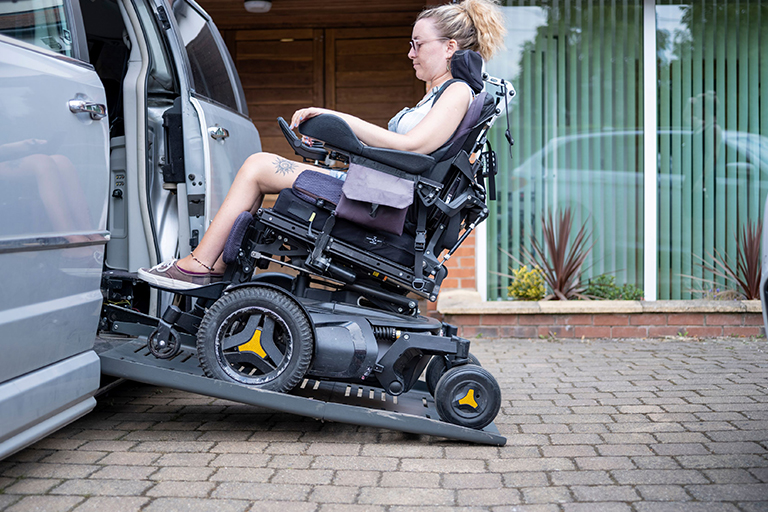The versatility of trusts
Some people may think that the only use of trust funds is avoiding estate tax, but trusts can have many other uses as well. For example, a generation-skipping trust allows […]
Some people may think that the only use of trust funds is avoiding estate tax, but trusts can have many other uses as well. For example, a generation-skipping trust allows a person to pass assets directly to their grandchildren. If for some reason they do not want their children to receive their assets, this could be one alternative.
A trust may be revocable or irrevocable. With the former, a person has the ability to alter the trust after it is set up. However, the assets in a revocable trust are not protected from creditors. An irrevocable trust offers this protection, but it cannot be changed once it is set up.
A credit shelter trust is useful in some cases, although it is not as necessary as it used to be. In 2011, the government made permanent a rule that allowed a living spouse to use the unused portion of the deceased spouse’s estate tax exemption. With a credit shelter trust, when a person dies, their assets go to their beneficiaries, but their spouse also has access to the assets. However, the spouse does not have to count the assets as part of their estate. Another type of trust is a qualified personal residence trust. This allows a person to place their home in a trust while continuing to live in it.
There are many other uses for trusts. Using a trust may mean that the estate can avoid probate. This process can be time-consuming and expensive. A trust also offers privacy while a will is a matter of public record. Trusts allow a person to control how and when assets are distributed to beneficiaries. For example, it is possible to specify that the person only receives distributions when they turn a certain age, marry or finish an education.
More Recent News

Estate Planning
Why Trusts Are Important Estate Planning Tools

Estate Planning
Blended Families and Wills in Estate Planning




